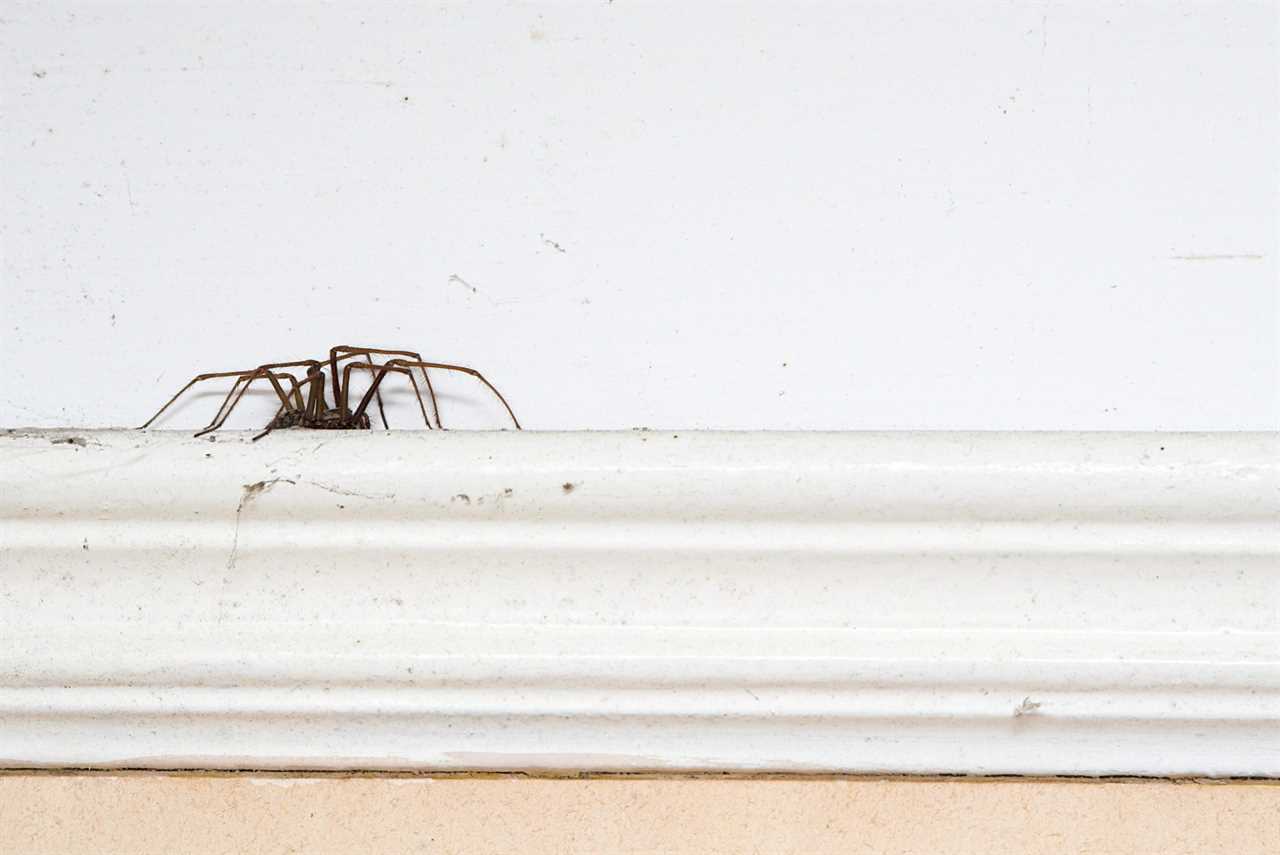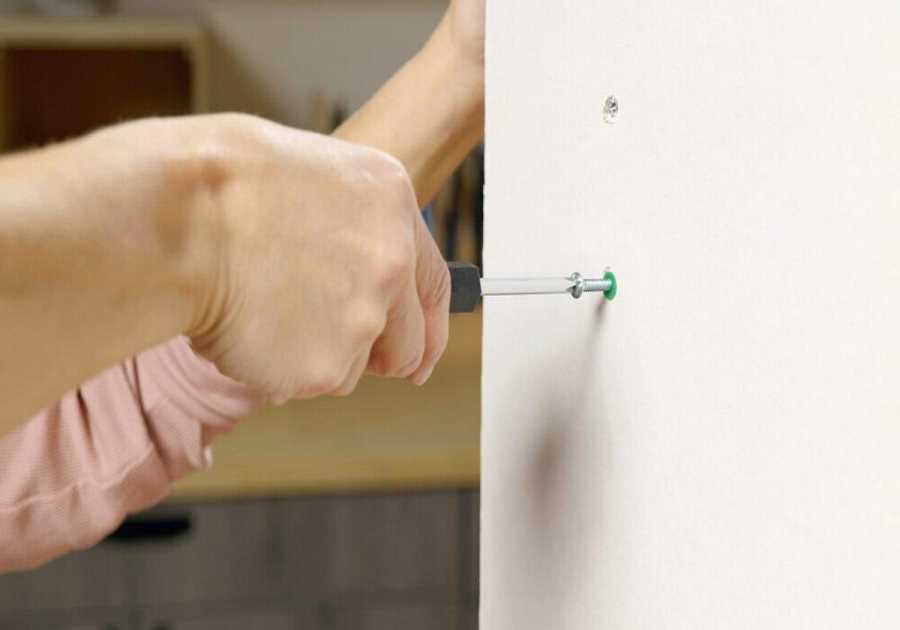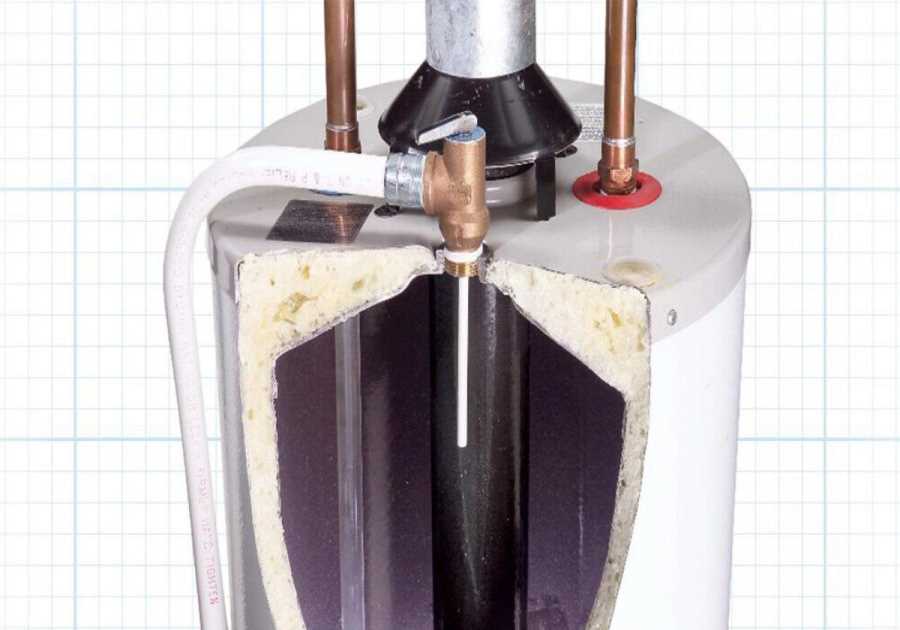
Spiders are complex creatures that are often misunderstood. Prolific hunters, they eat bugs around the house and control agricultural pests without harming crops.
Some spiders weave beautiful webs and provide color to our backyards and gardens. A few species are venomous to humans. But for the most part, they leave people alone to carry on their spider business.
Still, they’re a little creepy. They’re also everywhere, including our homes. In a recent study, researchers at North Carolina State University found spiders in 100 percent of homes surveyed and nearly 80 percent of all rooms. Great!
If you’re like me, you ignore them and hope for the best. I can’t bring myself to kill spiders; anything that eats mosquitoes is a friend of mine. But most people prefer they not come into the house at all. That might take some doing, as many common house spiders have been living indoors since the Roman Empire.
But you can take steps to prevent outdoor spiders from entering your home, and minimize the likelihood of house spiders invading your personal space. We talked to an expert entomologist to find out why spiders are in your home, and what you can do to stop them.
Why Do Spiders Enter Homes?
“Spiders enter for the same reason we do: food, water and shelter,” says Michael Thome, an associate certified entomologist with Ehrlich Pest Control. Some wander in from outside, but many are different species of house spiders that live indoors for their entire life cycle.
Here are the primary reasons spiders take up residence in your home:
- Food: Spiders are carnivores and eat flies, mosquitoes, ants, roaches and other common household pests.
- Water: Some spiders love damp areas of your home like crawlspaces and bathrooms, but all spiders need water.
- Shelter: Dusty attic corners or stacks of boxes in your basement provide great cover for spiders.
Homeowners usually notice an uptick in spiders in the fall, but Thome says that’s not when they enter the house. Spiders hatch inside in the spring, and by fall the young are large enough to look for a mate. That’s when we tend to see them inside, though they’ve been there awhile.
How Do Spiders Get Into Homes?
Spiders gain entry two ways, Thome says. First, they just walk right in. Second, they hitchhike.
Here are some specific ways spiders enter your house:
- Gaps and cracks in your home’s foundation or masonry facade;
- Open windows and doors;
- Torn window and door screens;
- Openings around pipes, vents and ductwork;
- Clothing, firewood, toys, plants, camping gear — anything that’s been outside that you brought inside;
- Building materials and furniture shipped in commerce.
How To Keep Spiders From Entering Your Home
When it comes to pest control strategies, sometimes the best offense is a strong defense, as the old saying goes. Spiders are considered opportunistic predators; they’ll set up shop when they find a place that fulfills their basic needs. Make sure that place isn’t your home.
Thome suggests fixing the following issues:
- Seal cracks and holes in your foundation and masonry;
- Replace torn or damaged window and door screens;
- Install door sweeps and weatherstripping around windows;
- Make sure doors and windows close properly;
- Reduce clutter and keep the inside of your home clean, including attics, basements and crawl spaces;
- Turn off outside lights at night. Flying insects love lights, and spiders love insects;
- Inspect things that have been outside, and sweep off spiders or webs before bringing them inside.
Most of the time, people and spiders live harmoniously inside together. If spiders are becoming a nuisance, try these DIY solutions first. Spiders can often be discouraged with a few key changes around the house. If you have an infestation, it might be time to call a professional.
Did you miss our previous article...
https://rsssuperfeeds.com/life-hacks/how-to-build-an-infrared-sauna






